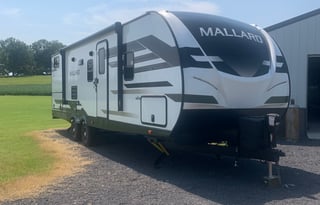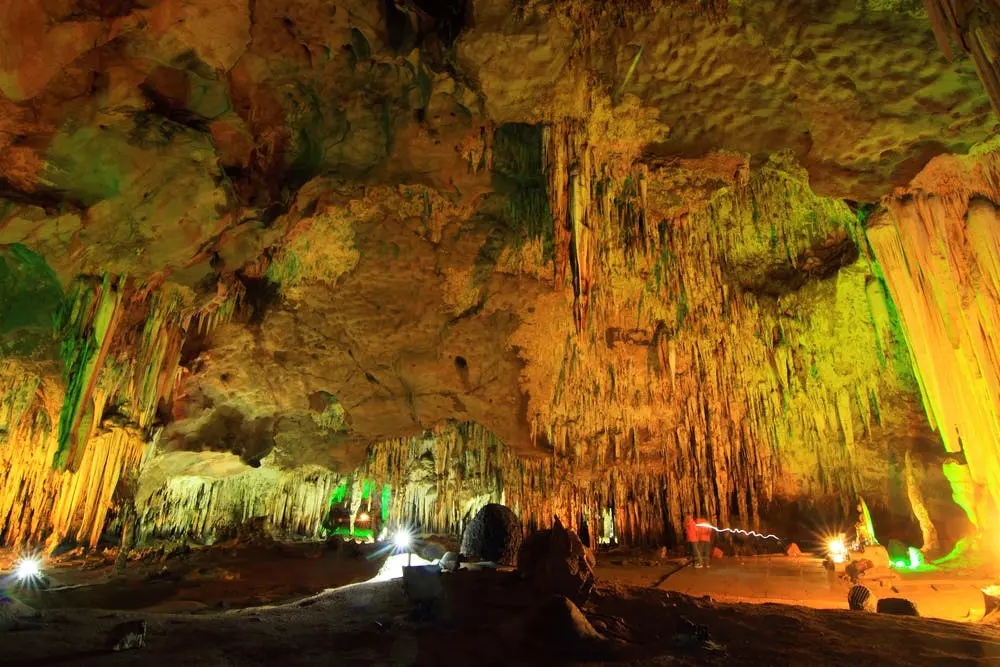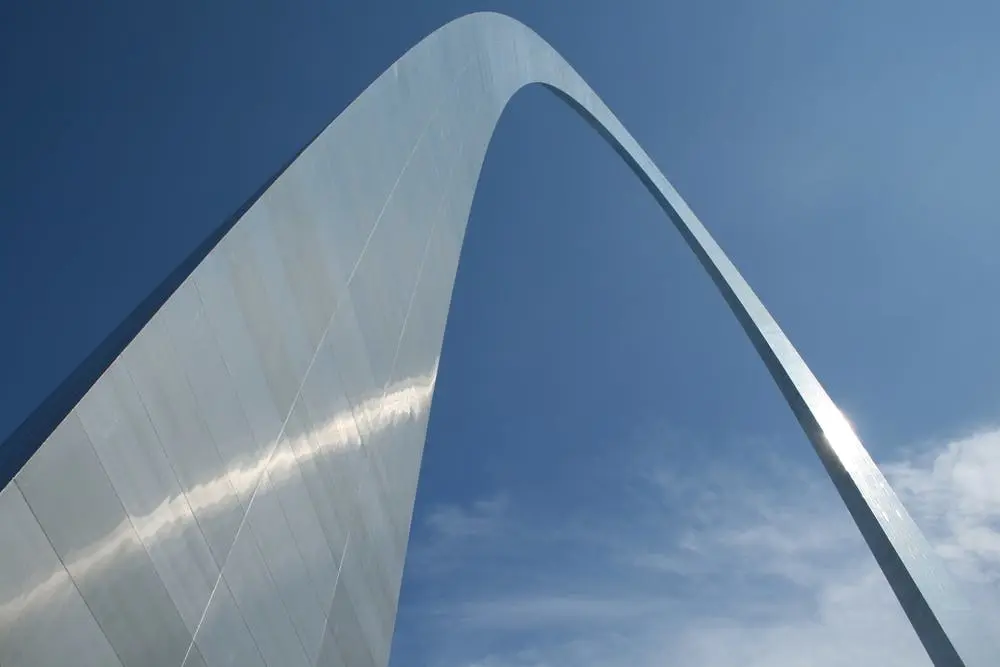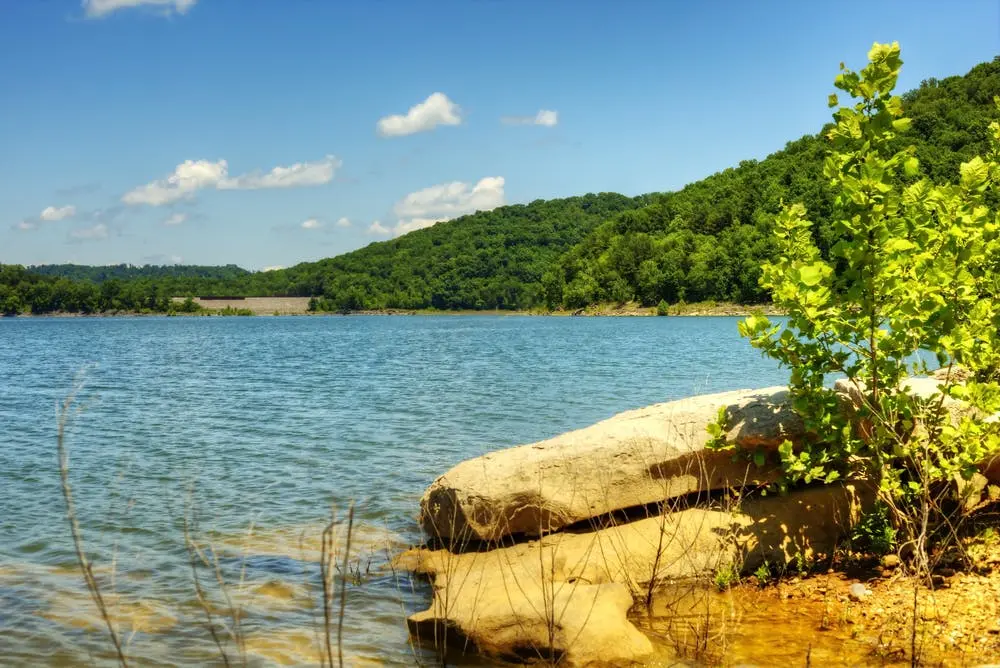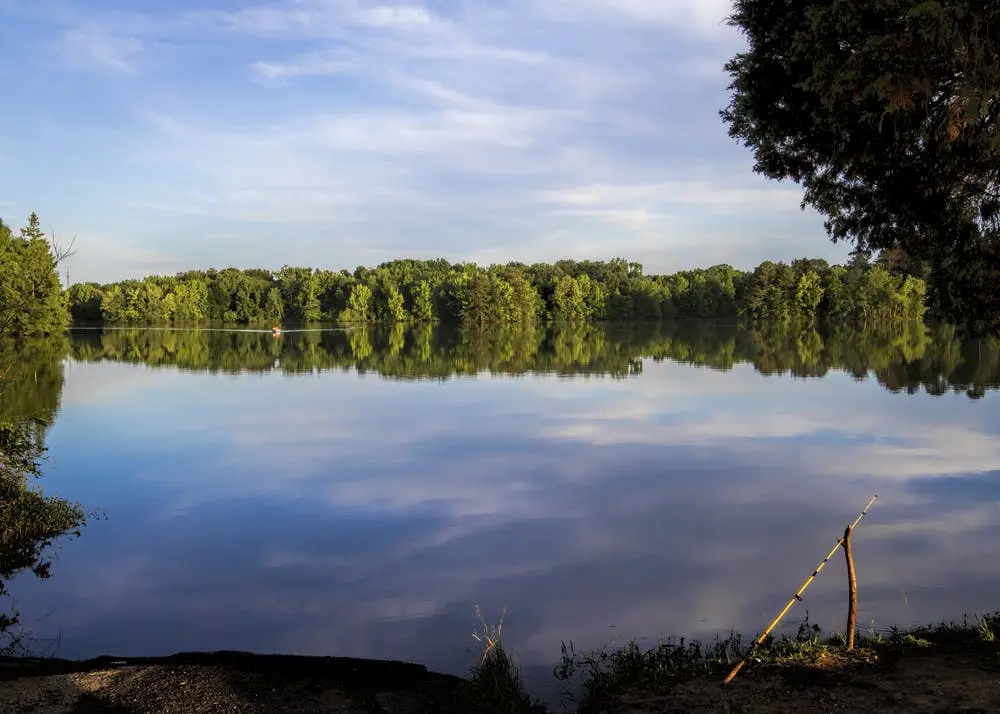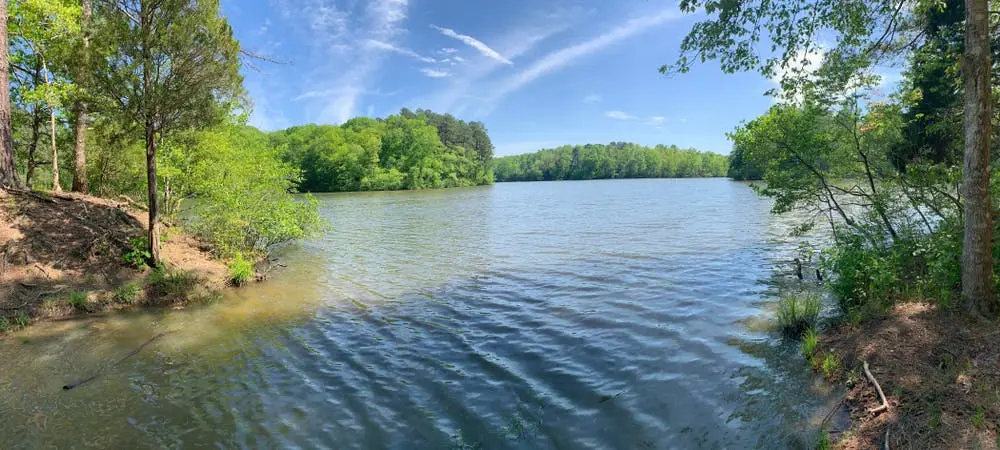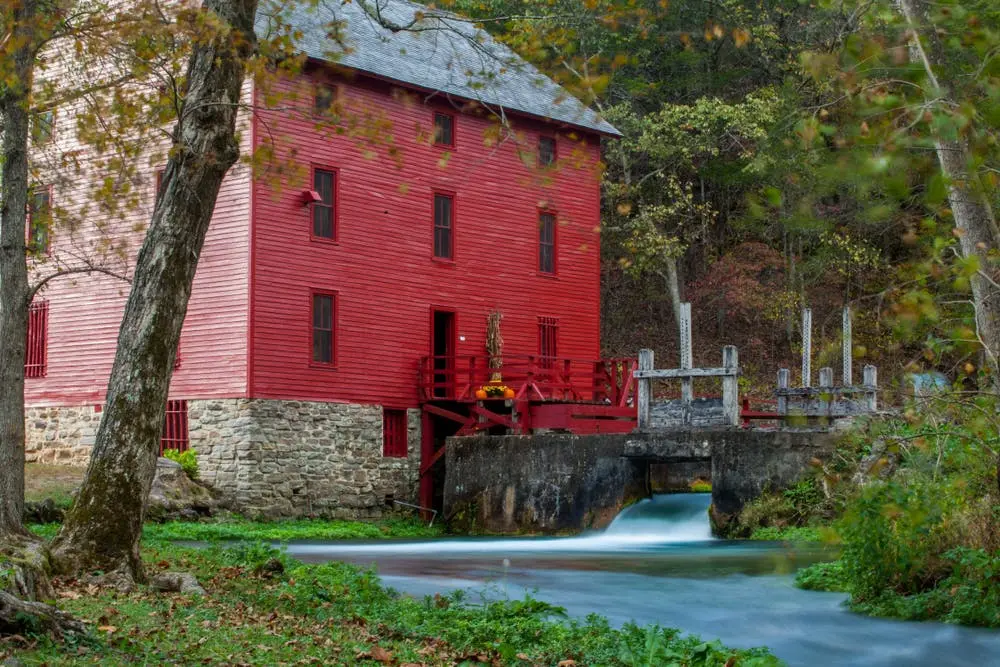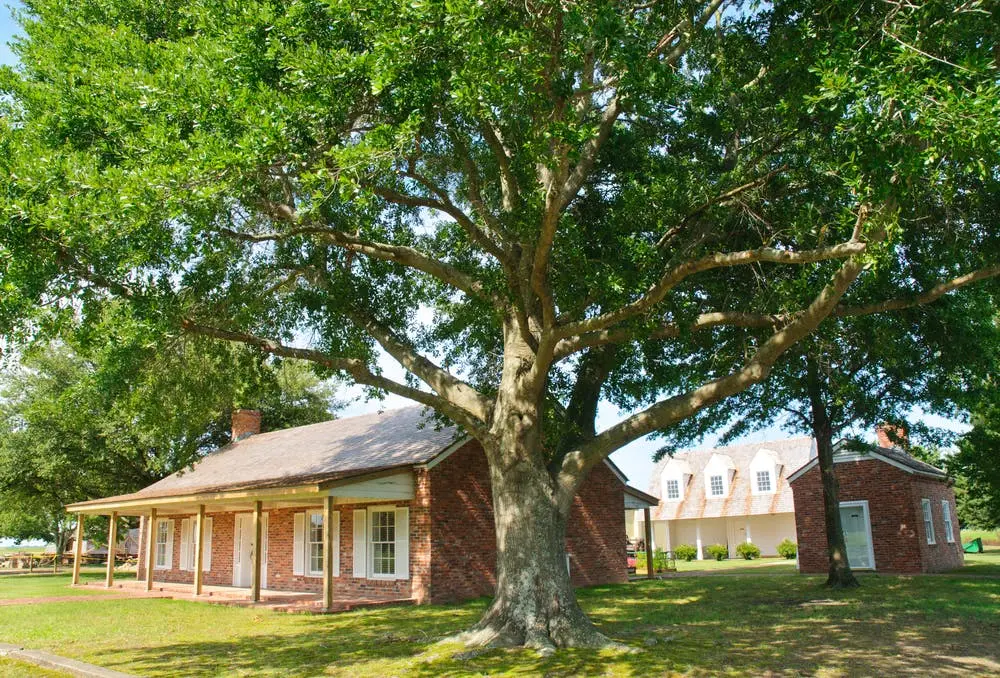RV Rental Jackson, TN
RV Rentals Near Jackson, TN
Top Camper Van RV Rentals
Longer Term RV Rentals in Jackson, TN
Top Travel Trailer RV Rentals
Pet Friendly RV Rentals in Jackson, TN
Budget Friendly RV Rentals in Jackson, TN



Many years before the colonial period, West Tennessee was home to Native Americans, who lived and hunted in the area. Woodland Culture tribes living in the area constructed the vast mound village site, which is now part of the Pinson Mounds State Archeological Park. Statehood began in Tennessee on June 1, 1796, when President George Washington made it the 16th state to join the U.S. 22 years later, the Chickasaws signed the 1818 treaty that secured present-day Jackson for European settlement. The first European families arrived in the area in 1819 and established a farm in Cotton Gin Grove.
The following year, more settlers arrived in the area and built homes on the banks of the Forked Deer River. In 1822, the area was named Jackson in honor of Andrew Jackson, a hero of the War of 1812 who also helped negotiate with the Chickasaws tribe to sign the 1818 treaty. Jackson was made the county seat of Madison County in September 1822, following the creation of the county in November 1821. The first railroad in Jackson was completed in 1858. Apart from transporting agricultural goods, the railroad developed a huge labor force for industrial development.
By the turn of the century, Jackson had developed into a busy commercial and industrial city. Today, Jackson is a major city in Tennessee with a population of over 68,000. It serves as the employment, retail and entertainment center for the West Tennessee region, serving nearly 400,000 people on a daily basis. When in Jackson, visit Cypress Grove Nature Park. This place is ideal for taking walks through dense cypress woodlands while watching birds and enjoying stunning lake views.
Another place you should visit while in Jackson is Liberty Garden Park and Arboretum. In addition to having a small monument honoring war veterans, this tree-filled green space has a splendid gazebo, walking tracks and a children’s garden. You can also stop by the West Tennessee Farmers Market to get fresh produce. Carnegie Legends Museum is a nice place to visit if you want to learn more about the city’s music history. Spend hours viewing and feeding exotic animals at Tennessee Safari Park. Later in the evening, drive less than 30 minutes east to downtown Jackson to see its bustling eateries, retail shops and entertainment venues.
Campgrounds Near Jackson, Tennessee
One of the best campgrounds in the city is Jackson RV Park. This facility is conveniently located near Interstate 40, Casey Jones Village and Downtown Jackson. It boasts 15 RV sites with full hookups, Wi-Fi, laundry facilities and a dump station.
You can also check out Joy-O RV Park, which is easily accessible via Interstate 40. In addition to 30 RV sites with full hookups, the facility features a pool, showers, laundry facilities and restrooms. It also has a large campground suitable for hiking and dog walking.
Beech Lake Family Campground is the perfect place if you want a waterfront camping area where you can boat and fish. This campground has 104 sites with access to a dump station and showers.
State Parks Near Jackson, Tennessee
Flanked by awe-inspiring views of the Tennessee River, Natchez Trace State Park is 50 minutes east of Jackson. Birdwatching is popular since this park hosts many bird species, including Acadian flycatchers, Kentucky warblers, prairies, blue herons and grebes. Pin Oak Lake is known for boating, fishing and other water-based activities. Besides a free public beach for swimming at Cub Lake, there is a swimming pool at Pin Oak Campground for campers. Equine enthusiasts can explore vast woodlands on horses, plus, there are over 40 miles of trails designated for hiking.
Take time to visit Pickwick Landing State Park, which is around the Pickwick Lake impoundment of the Tennessee River. Boating, canoeing, swimming and skiing are some of the most favored activities at this park. On land, you can enjoy golfing on an 18-hole golf course before hitting the trails. If you choose to camp for a day or two, your campsite will have a grill, a picnic table and electric hookups.
Mousetail Landing State Park is just an hour east of Jackson. Given its location along the eastern bank of the Tennessee River, this 1,247-acre state park is a popular spot for boating and fishing. There is a beautiful swimming beach situated on the Spring Creek embayment. In addition to cycling on a seven-mile path, you can trek a few of this park’s hiking trails. History buffs can stop by several archaeological sites, including a blacksmith shop and the original Mousetail Landing pier.
National Sites Near Jackson, Tennessee
Tucked into the Ozarks of southern Missouri, Ozark National Scenic Riverways was created in 1964 by an Act of Congress to protect the Current River and Jacks Forks River. The waters of both rivers provide canoeing, fishing, swimming and tubing opportunities for guests. There are over 300 caves here to explore, including an open sinkhole. Hunting is permitted within selected areas. Aside from hiking tens of miles of nature trails, you can try four paths dedicated to horseback riding.
Just a four-and-a-half-hour drive from Jackson, Birmingham Civil Rights National Monument in Little Rock preserves and commemorates the struggles suffered by African Americans while fighting segregation. The monument is spread over 18 acres and includes educational plaques, historical sites and life-size sculptures. While in the area, walk the same streets Martin Luther King, Jr. and Fred Shuttleworth walked in the Civil Rights Era. Be sure to tour 16th Street Baptist Church, the first African American Church in Birmingham.
Located at the confluence of Little Post Bayou and Post Bend rivers, the Arkansas Post National Memorial is a beautiful place with a rich history. It was the first European settlement in the Mississippi Alluvial Plain and where many cultures gathered throughout human history. It was also a trading post where French and Spanish people conducted trade with the Quapaw Indians. Enjoy viewing a variety of native and migratory birds in this area, as well as alligators, deer and raccoons. You can hike multiple paths at this site.
National Forests Near Jackson, Tennessee
It takes one and a half hours to drive from Jackson to Holly Springs National Forest in northcentral Mississippi. When you reach this national forest, you will be met by lush hardwoods and pine trees. Small lakes and streams nestled in the woods attract many people with abundant fish. After hiking various trails winding through the forest, you can relax in one of the forest’s picnic areas with a view of the lake. There are a few RV campsites where you can spend the night.
Shawnee National Forest spans over 280,000 acres in southern Illinois between the Mississippi and Ohio Rivers, just a few miles from Elizabethton. The woodland offers amazing fishing opportunities with 11 lakes, 53 ponds and a bevy of streams. For a quiet time, you can drive along the Ohio River National Scenic Byway or LaRue Hills Road to view plants and animals through the windows of your RV. If you love history, do not miss discovering Underground Railroad sites or going to Miller Grove Cemetry to see the burial areas of members of a freed African American community.
Cherokee National Forest borders the northwestern part of the Great Smoky Mountains National Park. The forest has many animals to view, such as bobcats, black bears, beavers, woodchucks and otters. Birders can bring their binoculars to watch warblers, wrens, osprey, blue jays and owls. The Ocoee River and several streams in the northern part have plenty of bluegills, crappies and trouts to reel in. Visit in the winter to participate in ice fishing, skiing and ice skating.
Best National Parks Near Jackson, TN
Driving for about three hours east on Interstate 40 and north on Interstate 65 from Jackson will take you to Mammoth Cave National Park. This national park is known for having the longest cave system in the world, which you will want to explore when you reach here. The Green River and Nolan River offer guests unforgettable fishing, canoeing and kayaking opportunities. With over 60 miles of trails snaking through various landscapes, you cannot go wrong with hiking. There are two RV-friendly campgrounds with primitive sites that can accommodate larger RVs if you want to camp and spend quality time stargazing.
267 miles north of Jackson is Gateway Arch National Park. Cruising up Interstate 55 for just over four hours will take you to this Missouri national park in St. Louis, known for its Gateway Arch monument. Once you reach the park, you will want to book a tram ride to an observational deck of this 630-foot-tall monument to catch a bird’s-eye view of the area. Take a walk along the historic St. Louis Riverfront Trail or cruise on the mighty Mississippi River for a fantastic time. If you need an intense yet rewarding challenge, climb to the top of the Grand Staircase for spectacular vistas of the Mississippi.
You can reach Great Smoky Mountains National Park from Johnson if you drive east on Interstate 40 or U.S. Route 72 for a little over five hours. Blooming flowers are always here regardless of the time you visit, so carry a good camera for taking pictures. This park also treats guests to viewing bears, white-tailed deer, chipmunks, groundhogs and other species calling it home. Hike the Roaring Fork Motor Trail to take in panoramic waterfall views. You can enjoy guided horseback rides at various stables if you visit between mid-March and November. Fishing, cycling and camping are other everyday activities here.
Popular State Parks Near Jackson, TN
Must-see Monuments and Landmarks Near Jackson, TN
RVshare’s Top Picks for Nearby RV Parks & Campgrounds
RV Rentals Near Jackson, TN
Frequently Asked Questions About Renting an RV Near Jackson, TN
How much does it cost to rent an RV in Jackson?Motorhomes are divided into Class A, B, and C vehicles. On average expect to pay $185 per night for Class A, $149 per night for Class B and $179 per night for Class C. Towable RVs include 5th Wheel, Travel Trailers, Popups, and Toy Hauler. On average, in Jackson, TN, the 5th Wheel trailer starts at $70 per night. Pricing for the Travel Trailer begins at $60 per night, and the Popup Trailer starts at $65 per night.
Do you need to be a certain age to rent an RV in Jackson?Yes. The minimum age is 25 to be eligible to get an RV Rental in Jackson from RVshare.
Does RVshare have emergency roadside assistance?Yes. Every RV rental booked through RVshare receives 24/7 emergency roadside assistance.
Does RVshare offer one way RV rentals in Jackson?Yes. Prior to renting any RV, check with the owner since not all will offer this particular option.
